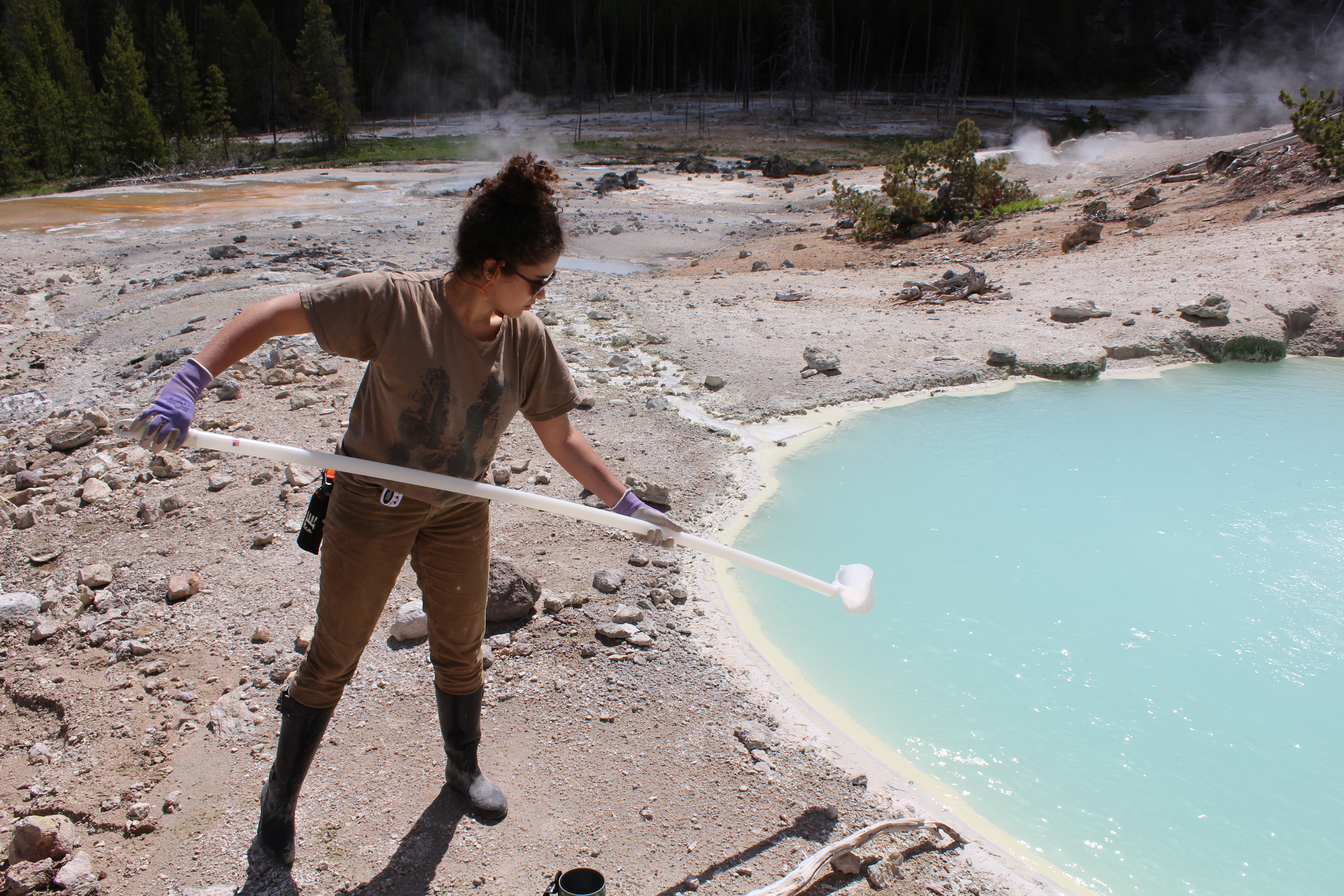Microbiology & Cell Biology Graduate Program
Prospective Students
Prospective Students
The Department of Microbiology and Cell Biology hosts premier laboratories researching infectious disease, cell biology, neuroscience and environmental microbiology. This is demonstrated by the sustained success of our faculty in competing for grant funding, publishing high-impact papers and providing cutting-edge training and mentorship for graduate students.
Funding comes from a range of sources such as the NIH, USDA, NSF, DoE, NASA and Montana Agricultural Experimental Station (MAES), among others. In addition, faculty have demonstrated success in acquiring funding from private sources such as the Bill and Melinda Gates Foundation and the W.M. Keck Foundation.
MCB currently has the largest annual departmental research expenditures at MSU. It is housed in facilities with core laboratories for flow cytometry, cell biology, molecular and genomic sciences and anaerobic microbiology, as well as pathogen containment facilities for small (BSL-3) and large animal research (ABSL-2). Instrumentation suites house equipment for DNA sequencing, computational biology, flow cytometry and cell sorting, electrochemistry and confocal microscopy.
There are two mechanisms of acceptance to the MCB Ph.D. program: direct and rotation. Direct admits identify a mentor who agrees to support the student and no rotations are required. The rotation option is highly competitive, and students selected rotate through three laboratories before selecting one in which to conduct their research. For our M.S. degrees there is only one option, direct admittance. Please visit the MCB Program Application Information page for more details.

